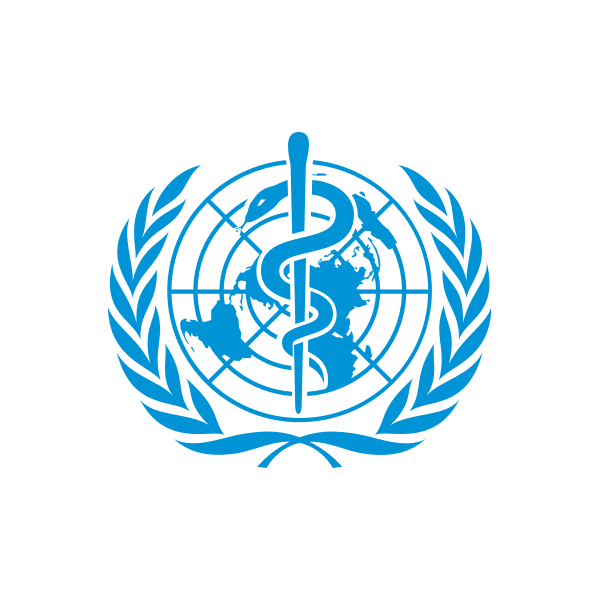STAY STRONG
What clinical experience has shaped Montefiore's research on the heart and COVID-19?
It was very clear to us from the beginning that not only do you have to worry about the lungs in COVID-19, but you also have to pay very close attention to the heart muscle. We started screening all patients from the beginning for signs of heart damage. And what we found are two different scenarios. One is those patients that have had preexisting heart conditions, and they suffer damage just from the inflammation of the stress of the infection. The second group of people are previously healthy without any known medical problems, and they suffered from a condition called myocarditis, which is basically inflammation of the heart. This is a really important thing to diagnose early because some of these patients will need IV medications to help support the heart, and others in the most severe cases may even need mechanical pumps to help the heart function. So our focus at Montefiore has been to really try to understand the mechanism by which this virus affects the heart. Is it just the inflammation and the stress from COVID-19, or is there something about the virus itself that directly attacks the heart muscles? This is really key to understand to help us decide therapies for our patients. So we utilize a number of different modalities to try to figure this out, like echocardiogram, MRIs, and in the most severe cases, we've even done biopsies to actually look at the tissue and try to figure out whether this is direct virus damaging the heart or a consequence of the inflammation. And knowing this information, we can really guide therapy to the best outcomes possible for our patients.
How is Montefiore conducting research on COVID-19's impact on the heart?
Our research at Montefiore has really been focusing on trying to understand exactly how the virus affects the heart. Is this a consequence of a massive inflammation that causes the heart muscle to be damaged, or is there something about the virus itself that damages the heart muscle directly? So we've tried to answer this question using various modalities, including echocardiography, MRI, EKGs, and in the most severe scenarios, we've even done biopsies to try to understand this question. And I think that once we understand exactly how the virus is affecting the heart muscle, we can then proceed to move forward with therapies tailored toward treating this pathway.




